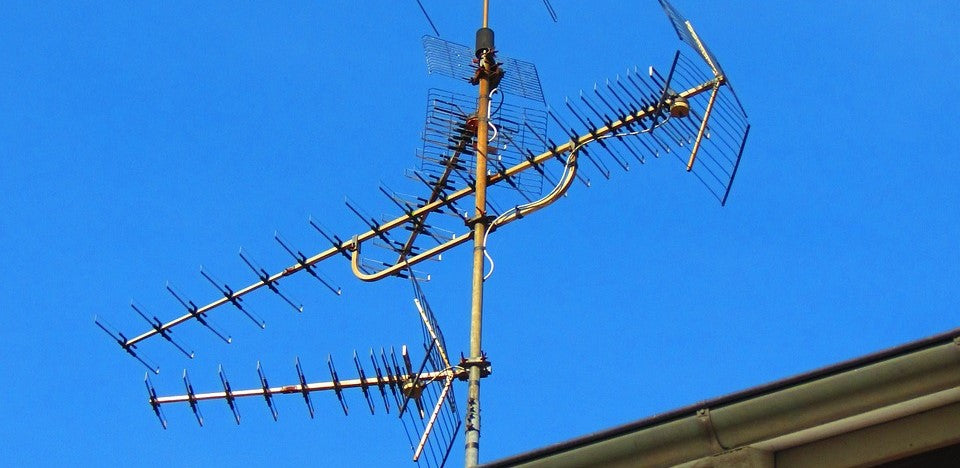Satellite dishes have revolutionized the way we receive television broadcasts, providing access to a wide range of channels and content from around the world. One of the most well-known providers of satellite TV services is Sky, which offers an extensive lineup of channels and packages. In this article, we will delve into the world of satellite and Sky dishes, exploring how they work, their benefits, and what you need to consider when setting up a satellite TV system.
1. How Satellite Dishes Work:
Satellite dishes are parabolic antennas designed to receive signals from satellites in space. These signals contain television and radio broadcasts that are transmitted from satellites orbiting the Earth. The dish collects the signals and focuses them onto a feedhorn, which sends the signals to a receiver or set-top box. The receiver then decodes the signals, allowing you to watch the content on your television.
2. Sky TV and Sky Dishes:
Sky is a popular satellite TV provider in many countries, offering a wide range of channels and packages, including sports, movies, documentaries, and more. To receive Sky TV, you will need a Sky dish installed on your property. The dish is typically mounted on the exterior of a building, such as a wall or roof, and positioned to have a clear line of sight to the satellite.
3. Installation and Setup:
Installing a satellite dish, whether it's for Sky TV or another satellite service, requires careful planning and positioning. The dish needs to be aligned correctly to receive signals, which involves aiming it at the specific satellite(s) used by the TV provider. Professional installation is often recommended to ensure optimal signal reception and to comply with any local regulations.
4. Equipment and Subscription:
To access satellite TV services, you will need a few key components. These include a satellite dish, a receiver or set-top box, and a subscription to the TV service provider. The dish and receiver are typically provided by the TV service provider when you sign up for a subscription. You may also have the option to choose from different packages based on your viewing preferences.
5. Benefits and Considerations:
Satellite TV offers several advantages, including a wide selection of channels, high-quality digital reception, and access to international content. However, it's essential to consider factors such as subscription costs, weather-related interruptions, and any potential limitations imposed by your location or building restrictions.
Conclusion:
Satellite and Sky dishes provide an excellent option for accessing a diverse range of television channels and content. Whether you're interested in sports, movies, documentaries, or international programming, satellite TV can offer a wide array of choices. By understanding how satellite dishes work and considering the necessary equipment and installation, you can enjoy the benefits of satellite TV in your home.
(Note: The specifics of satellite TV services, providers, and equipment may vary depending on your country and region. This article provides a general overview.)

